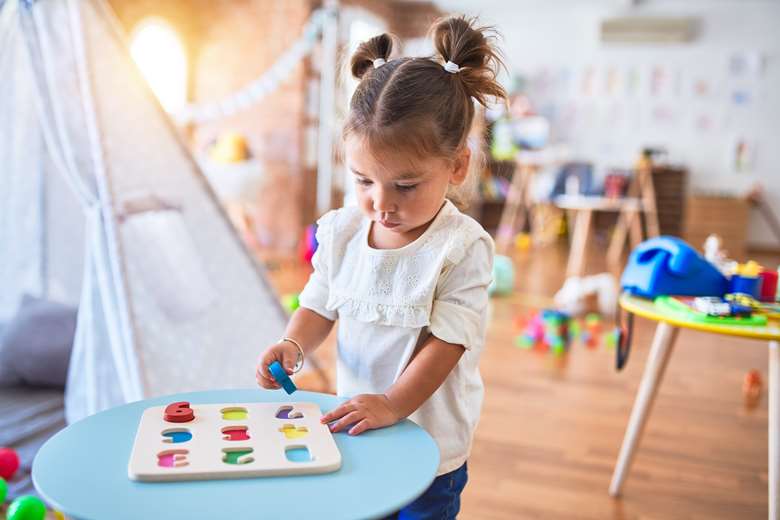What role does technology play in helping to create a holistic early learning environment?
Chris Reid
Tuesday, April 5, 2022
In today’s digitally evolving world, technology plays a crucial role in people’s lives – both professionally and personally.

We’re reliant upon our digital devices to help us navigate the day-to-day, and within the early years education sector, technology is becoming an increasingly integral part of settings’ daily operations.
Bridging the communications gap
The early years is a crucial time for child development – it’s a period in little ones’ lives when they’re rapidly developing cognitively, physically, and emotionally. But in order to create an enriching, continuous, and holistic learning experience, the education journey needs to extend from the classroom and into the home.
While at nursery, childcare staff are the ones who spend time with children – seeing them learn and progress – and when these observations are communicated to parents, families have an even greater visibility and understanding of their child’s interests and preferred learning styles.
This is where technology as an enabler comes to the fore.
Technology that is able to create a two-way channel and facilitate seamless dialogue between practitioners and parents helps to create a more complete – and accurate – picture of where a child is at on their early years education journey.
For example, it’s true that children are known to act or react differently depending on who they’re with. Therefore, when it comes to gaining a true-to-life picture of how they learn best – and where they may need additional support – technology can help educators and parents alike to document and piece this together.
Moreover, if both parties can keep one another up to date – exchanging photos of observations and daily event logs – this not only helps to create a more effective, closed loop learning experience, but it also assists with planning future activities.
Fostering greater collaboration
By having a dedicated app for communicating and sharing resources, this opens up the dialogue between the nursery and the home – paving the way for more engaged parents and, therefore, a more holistic learning experience.
This is when communication becomes collaboration.
Digital solutions not only arguably make communication more convenient for busy families and practitioners, but it also means all information can be stored safely in one place – as opposed to paper-based journals or files.
It enables parents to work in tandem with early years professionals to support their little ones – allowing both parties to feel a unified sense of reward and empowerment, too.
The result is not only an enhanced learning experience for the child but a stronger, more collaborative relationship between educators and parents.
And when youngsters are being supported both at nursery and home, this can only be a positive thing for their development. Research by Ofsted, for example, interviewed 208 early years providers and found that children whose parents are able to spend quality time with them often demonstrated improved vocabulary and cognitive skills.
The future of technology in early years
While technology can help to create a holistic learning experience by connecting the classroom with the home environment, its ability to streamline and automate settings’ operations shouldn’t be overlooked.
And this is especially important as nurseries look to ensure maximum business sustainability.
For instance, admin tasks – whether taking registers, parental invoicing, financial reporting, or managing staffing – all take time to organise and can take educators away from the heart of their role, facilitating child development. Therefore, by automating the more administrative elements, this can empower them to carry out their jobs more efficiently and allow for more resource and headspace to dedicate to the things that truly matter – the children.
Ultimately, while technology most certainly has a seat at the table when it comes to the future of childcare, the key is that it should augment and enhance, never replace, the great work that practitioners already do.
Chris Reid, is chief executive of Connect Childcare




